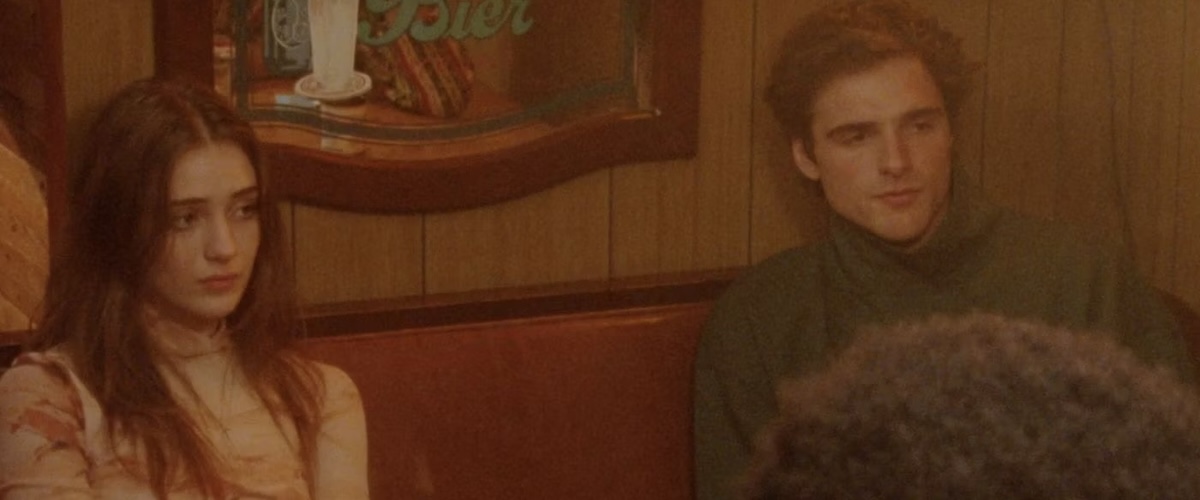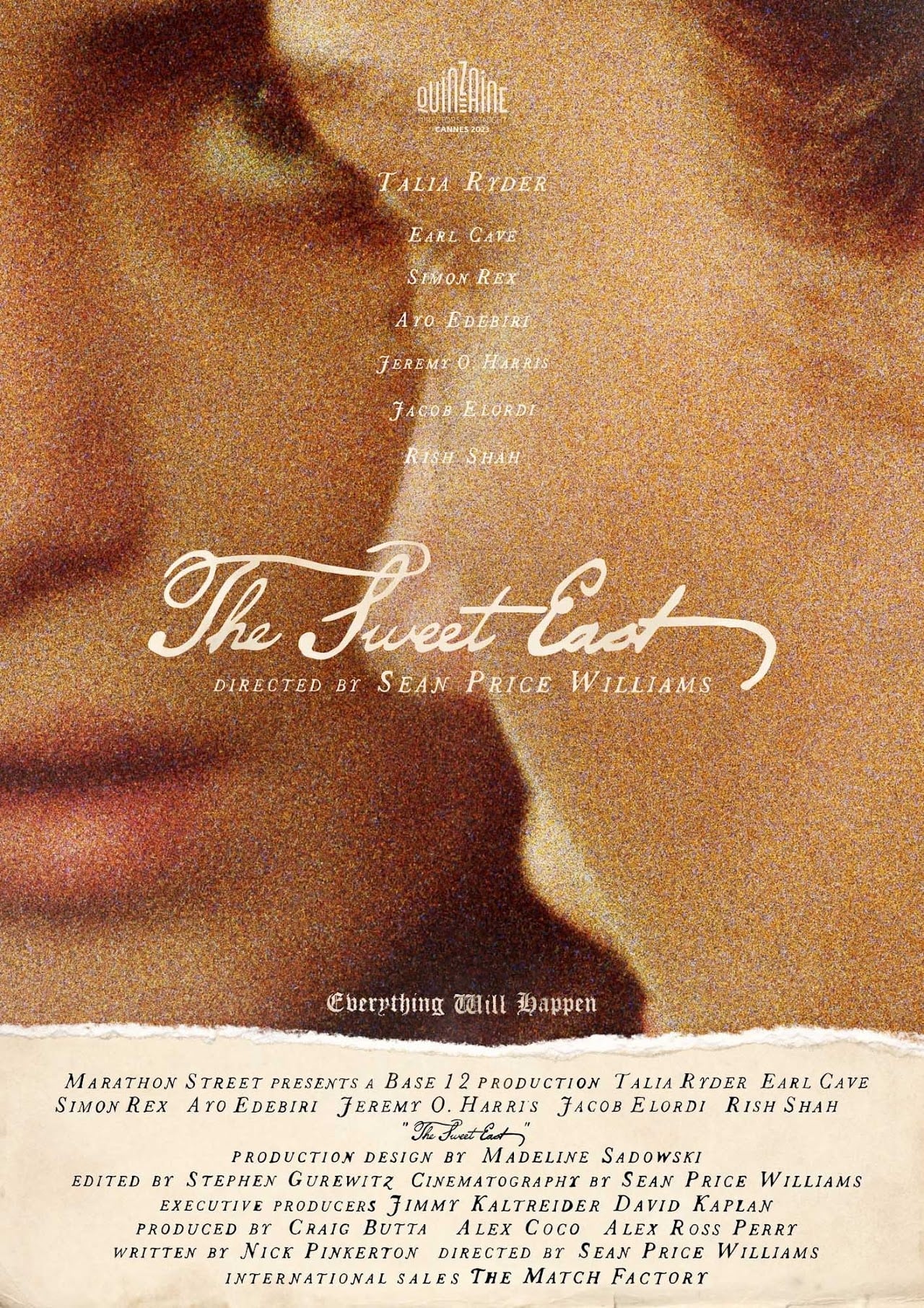"The Sweet East" is the kind of compelling and flawed oddity that America deserves. It's the type of grody cinematic experience that can lure you in but also leave you with little to take away except how messed up things have become. It's a well-made, purposefully ugly treatise of America as a broken-down theme park. But its charm wanes whenever it's just not as funny, smart, or edgy as it thinks.
Waxing poetic about the ideas in this film from Williams and writer Nick Pinkerton also seems like a trap. This is a movie about sifting through garbage, as made by cinephiles (William is a prolific cinematographer; Pinkerton is a film critic) who value ideological grossness. When "The Sweet East" introduces the Capitol Building during a school trip in the beginning, the camera floats past high schooler butts as if it were the beginning of a race in a "Fast & Furious" movie. The movie wants to be gross and disorienting; it pushes buttons and also lets you know that it hasn't washed its hands in weeks.
"The Sweet East" has something of a plot following the adventures of Lillian (Talia Ryder), an independent high schooler from South Carolina who is flung from one bizarre piece of America to the next. At first, it's a shooting at a pizza restaurant that echoes the real-life absurdity of Pizzagate. Lillian is separated from her classmates during the chaos and is soon roped into the pointless rebellion of some raucous Maryland punks. When she breaks away from them, she finds some solace in the company of a monotonous motormouth neo-Nazi (Simon Rex) who is obsessed with Edgar Allan Poe and decrying youth. Rex's character provides Williams ample opportunities for American flags to cameo in the background, like how Michael Bay uses them as product placement in his "Transformers" films.
The movie uses this loose set-up to be something of a screed, in which Lillian is roped in by one cartoonish, wannabe shyster after another. Everyone tries to control her in one way after the next, thanks to how they project upon her and objectify her. But Lillian is smarter than that in a way the script isn't precious about, but it does make for a compelling, mysterious performance from Ryder. It's a star-affirming performance, starting with the opening credits sequence in which Ryder swoons an incredibly catchy dream pop ballad to herself in the bathroom mirror.
Lillian's travels take her across America and are filled with characters who should be funny, especially given the cast Williams and company have pulled together—Ayo Edebiri, Jeremy O. Harris, and Jacob Elordi also appear as caricatures who are drawn to Lillian and eventually make her a star. (When she's both a missing persons headline, Lillian's also a budding tabloid figure, and that's one of this story's more amusing jokes.) But each time we meet these new characters, their bizarre arcs lose individual momentum. Pinkerton's script is talky to a fault, with its main point being that to engage with our modern country, one must use gibberish. The dry jokes about these people being delusional, of lying to themselves while trying to lie to Lillian, become easier and more obvious. In some instances, Williams' film is simply just being smug.
But the best scene in "The Sweet East" will hopefully get Williams more directorial work alone—a gonzo shoot-out with cartoon sounds that breaks its thin reality, and has more than a few jarring, perfectly executed, laugh-out-loud beats. It's a great moment for Williams' provocative impulses, and it doesn't involve eye-rolling script features like Lillian's penchant for using the word "retarded" (everyone brings it up to her) or any other way "The Sweet East" tries to co-opt non-PC thinking for its edginess.
Williams has shot foundational indies by the Safdie brothers, Alex Ross Perry, Michael Almereyda, and more, a resume that makes his directorial debut here even more of a momentous occasion. Behind the camera as the main storyteller, Williams has exciting convictions and a distinct vision for grittiness, including harsh usage of soft lighting, distinct color filters, sudden changes in camera styles, a breathtaking use of a matte painting background just because, and a lot of hairs in the gate. The fuzzy fever dreams of "The Sweet East" are something of a staunch throwback for indie filmmaking, and they promise a brighter future for its director than that of his country.
Now playing in theaters.




















